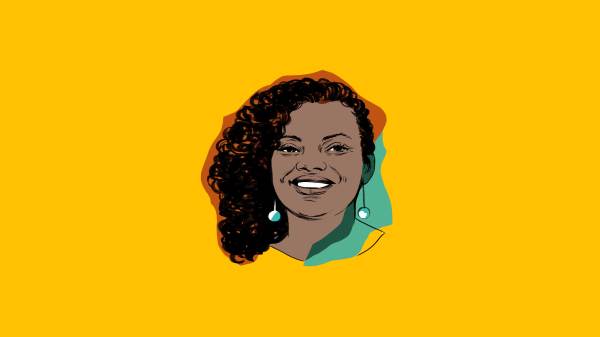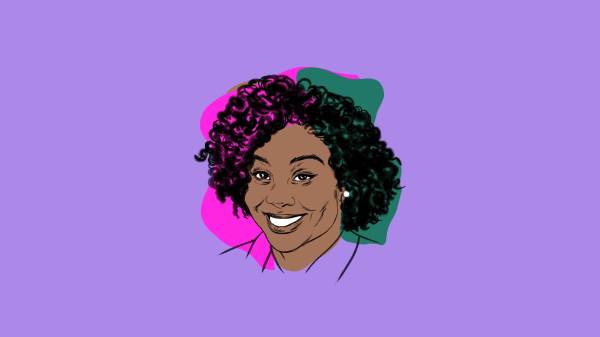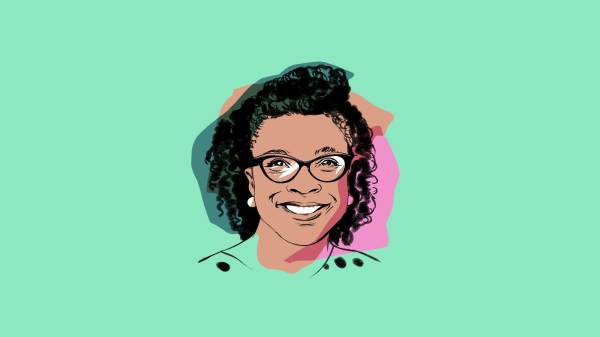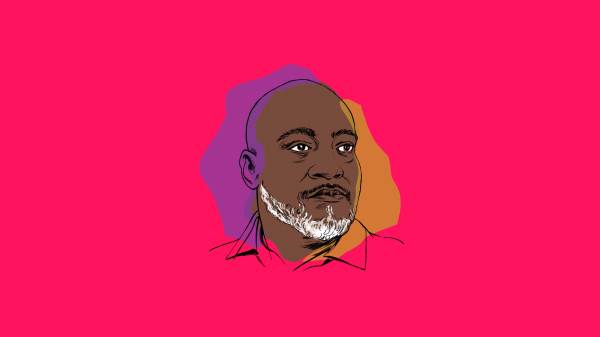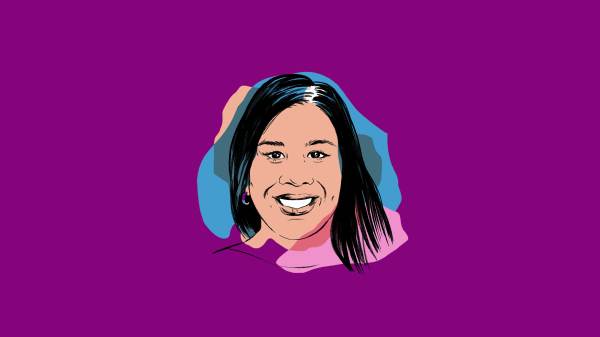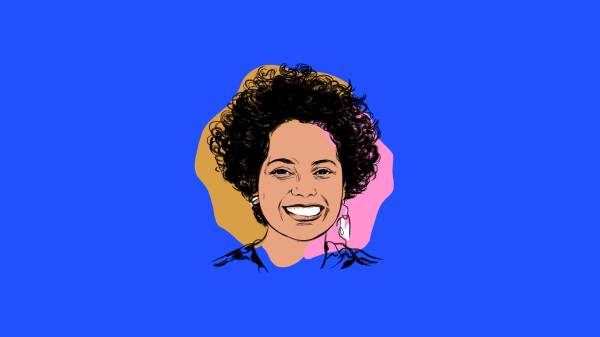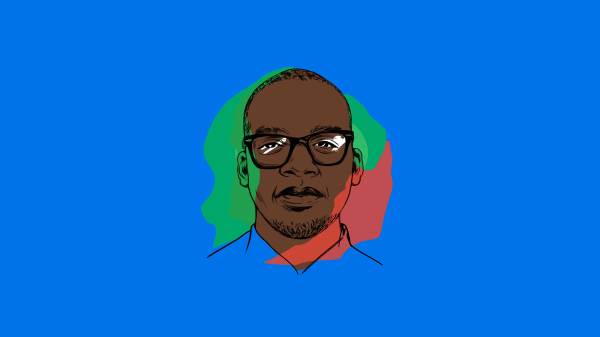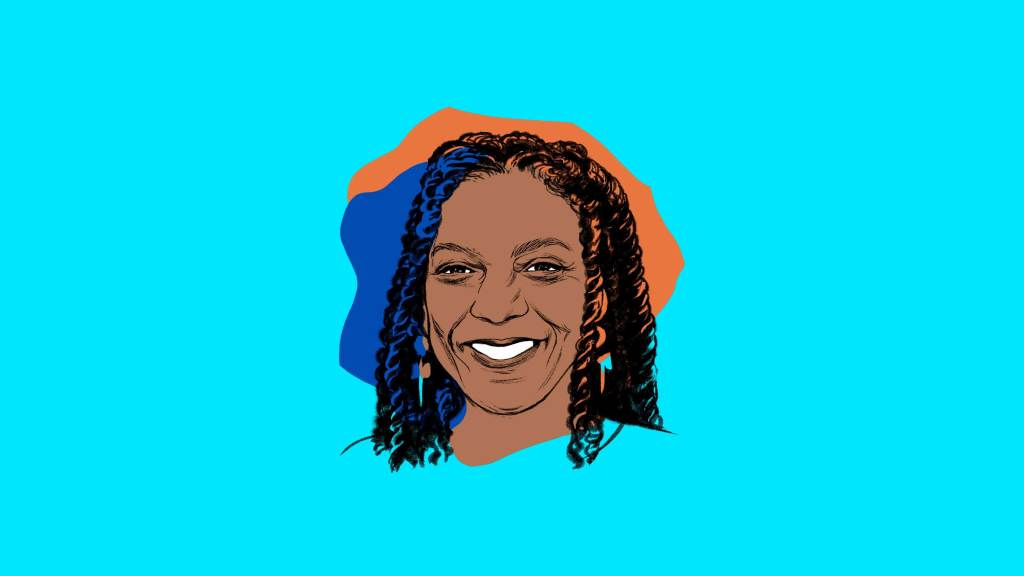 Illustration by Agata Nowicka
Illustration by Agata NowickaBenilda Brito named her Salvador, Brazil organization Odara Instituto Da Mulher Negra (Odara Black Woman Institute) after an Exu, an orisha (spirit) of communication. An exu, she explains, is an important messenger, an “announcer” of good news who removes obstacles and opens the way.
It is a fitting description of Brito, who has spent the last 40 years fighting for the rights of Black girls, Black women and Black LGBTQ+ communities. Her organization, now more than 10 years old, empowers, elevates and creates opportunities for Black women in Brazil by fighting systemic racism, sexism, lesbi/transphobia, and other forms of oppression. Brazil, which is home to more than 75 million people of African descent, has the second largest Black population in the world, but the country has struggled with a history of racism that began with the slave trade.
For example, she created a project called “My Mother Doesn’t Sleep Until I Arrive,” which supports Black families who have lost children to police violence. As a mother of three and grandmother of one, Brito empathizes with desperate mothers trying to keep their children safe or those heartbroken when they couldn’t. In certain neighborhoods of Salvador, she recounts how mothers will carry the flute cases for their young musicians-in-training to prevent law enforcement from thinking the children are carrying weapons. The project operates in three communities in Salvador (Cabula, Amaralina’s Northeast, and Uruguay) at this time, but she is now working to extend the program to five communities outside of Salvador because police violence is unfortunately on the rise. Her aim: to turn this project into a full-scale campaign to prevent violence, denounce racism, and take care of the mothers and children suffering from this violence.
Some of her more recent undertakings are the Justice and Solidarity campaign, which distributes food and personal supplies to Black Brazilian communities vulnerable to COVID-19 in the northeastern state of Bahia, and the Beatriz Nascimento Activist Training School—named after an Afro-Brazilian academic and activist—that is raising a new generation of political and human rights activists.
In March of last year, Brito became an education champion at the Malala Fund, where she advocates for Black and indigenous girls in nine northeastern states in Brazil to stay—and succeed—in school, as well as for expanding girls’ access to education. She calls the project Mandacaru after a cactus plant in the region that survives on little water. (Brito is a survivor too—she beat thyroid cancer in 2019.)
“The fact that we are Black should not mean inequality,” said Brito, whose grandmother instilled in her that to be Black was to be beautiful. “Our weapons in combating racism are an affirmation of our identity, respect for our ancestry, and our political conscience.” Sounds a lot like an important message, an opening of the way.

